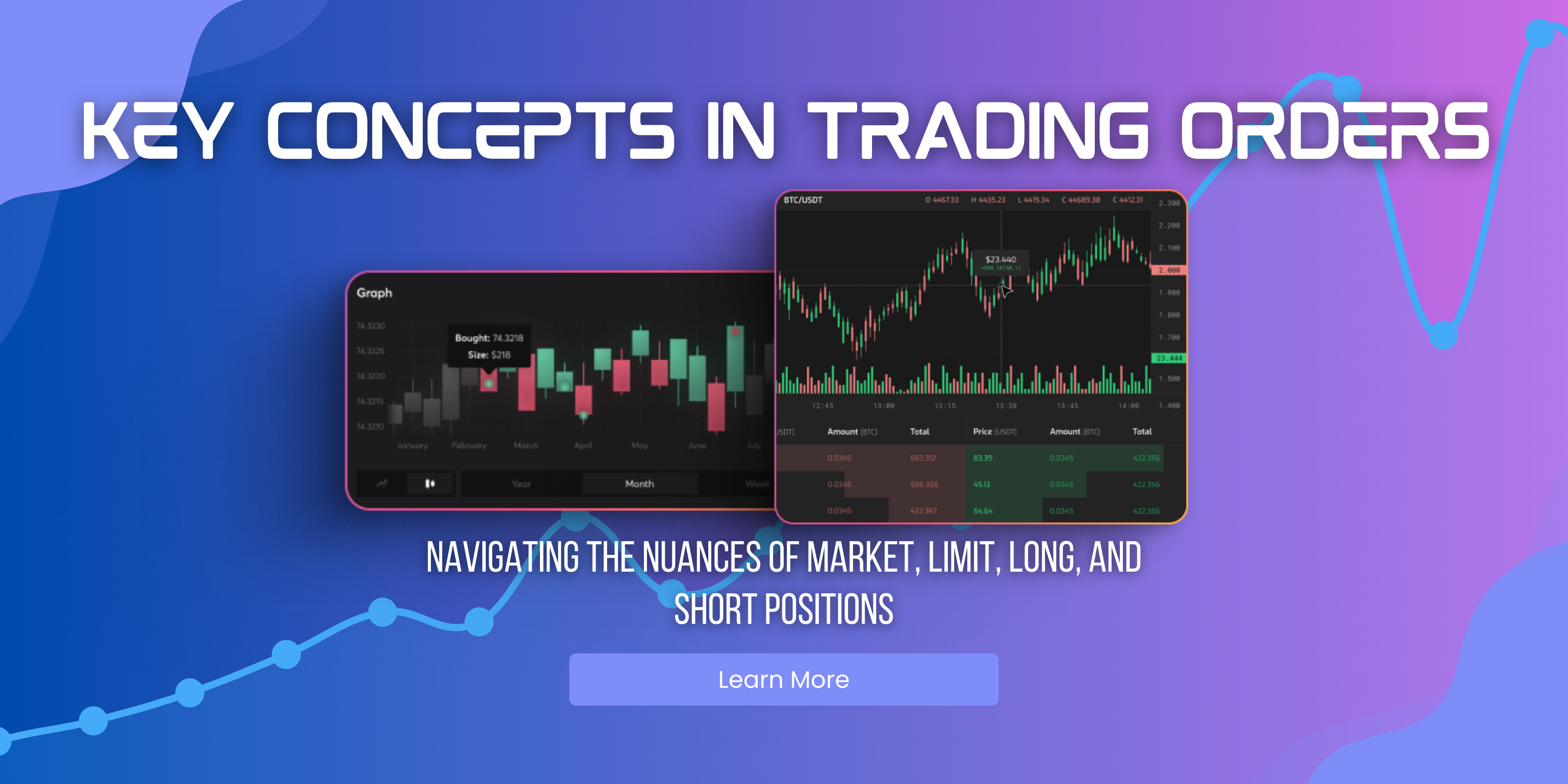The field of trading is not only about analyzing charts and making decisions based on market data; it also involves understanding and managing the psychological aspects of trading. In this blog post, we will explore the psychology of trading, the impact of emotions on trading decisions, and strategies for mastering emotions to achieve success in …
Trading Psychology: Overcoming Emotions for Success

The field of trading is not only about analyzing charts and making decisions based on market data; it also involves understanding and managing the psychological aspects of trading. In this blog post, we will explore the psychology of trading, the impact of emotions on trading decisions, and strategies for mastering emotions to achieve success in the financial markets.
The Role of Emotions in Trading
Emotions play a significant role in trading and can influence decision-making processes. Common emotions experienced by traders include:
- Greed: The desire for larger profits can lead to taking excessive risks or holding onto winning positions for too long.
- Fear: Fear of losses can lead to premature exits from trades or hesitancy to enter potentially profitable opportunities.
- Overconfidence: Excessive self-assurance can lead to neglecting risk management principles and taking on undue risks.
- Frustration: Frustration from losses or missed opportunities can cloud judgment and lead to impulsive decision-making.
Mastering Emotions for Success
- Self-Awareness: Recognizing and understanding one’s emotional responses to trading situations is the first step in mastering emotions. By being aware of emotional triggers, traders can begin to develop strategies to manage them effectively.
- Emotional Discipline: Developing emotional discipline involves maintaining a calm and rational mindset, even in the face of market volatility or unexpected outcomes. This includes sticking to predefined trading plans and risk management rules.
- Mindfulness: Practicing mindfulness techniques can help traders stay present and focused, reducing the impact of emotional fluctuations on decision-making.
- Journaling: Keeping a trading journal to record thoughts, emotions, and the rationale behind trading decisions can provide valuable insights into emotional patterns and their impact on trading performance.
Strategies for Mastering Emotions
- Predefining Trading Rules: Establishing clear trading rules and risk management guidelines in advance can help reduce the influence of emotions on trading decisions.
- Taking Breaks: Stepping away from the screen during periods of heightened emotional intensity can provide a fresh perspective and prevent impulsive actions.
- Seeking Support: Engaging with trading communities, mentors, or professionals can provide emotional support and valuable perspectives on managing trading-related emotions.
Incorporating Psychology into Trading Strategies
Integrating psychological considerations into trading strategies is essential for achieving long-term success. By acknowledging the impact of emotions on trading decisions and implementing strategies to manage them effectively, traders can enhance their ability to make rational, well-informed decisions in the financial markets.
In conclusion, mastering the psychology of trading is a crucial aspect of achieving success in the financial markets. By understanding the role of emotions, developing emotional discipline, and incorporating psychological strategies into trading practices, traders can navigate the complexities of trading with greater resilience and confidence.








